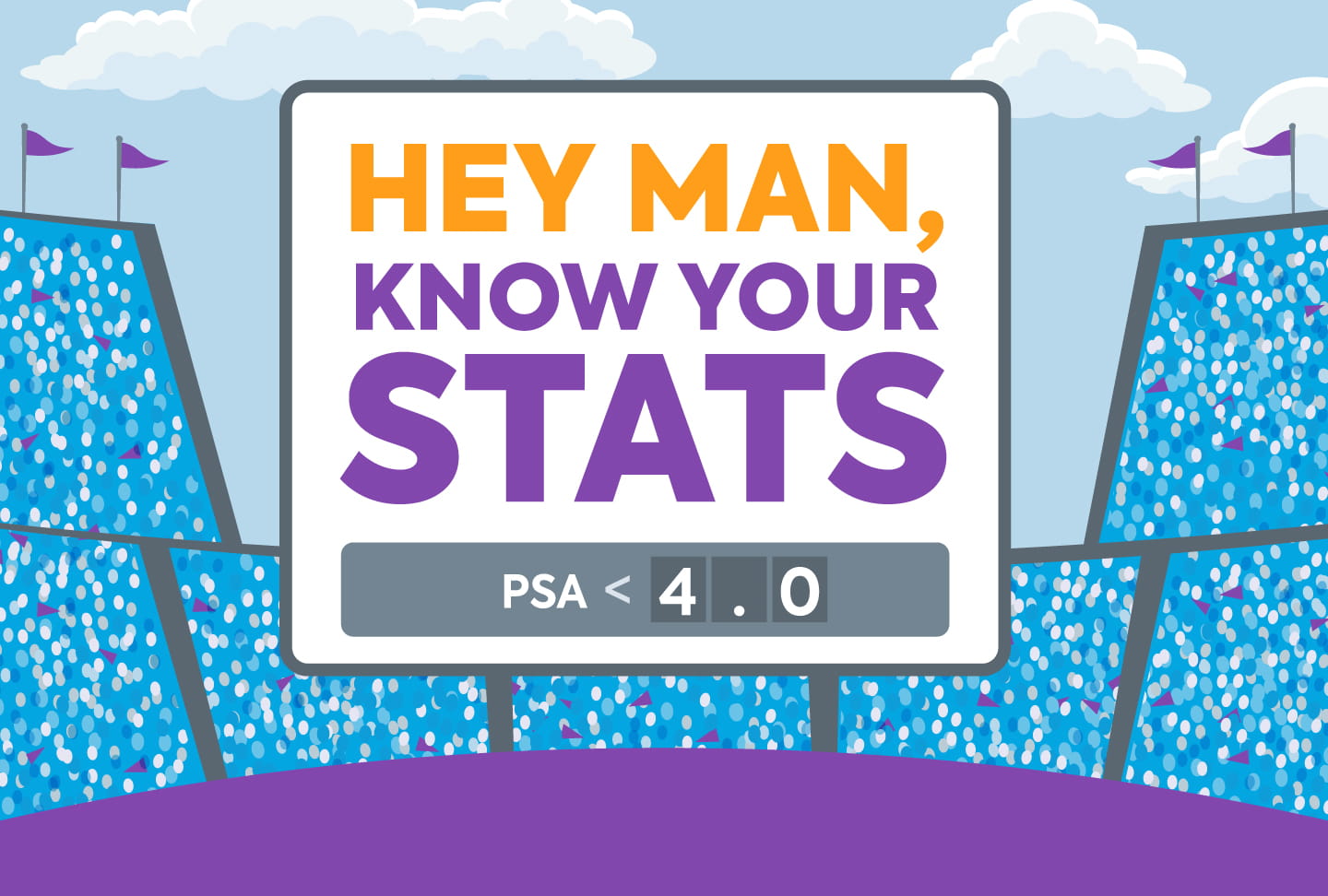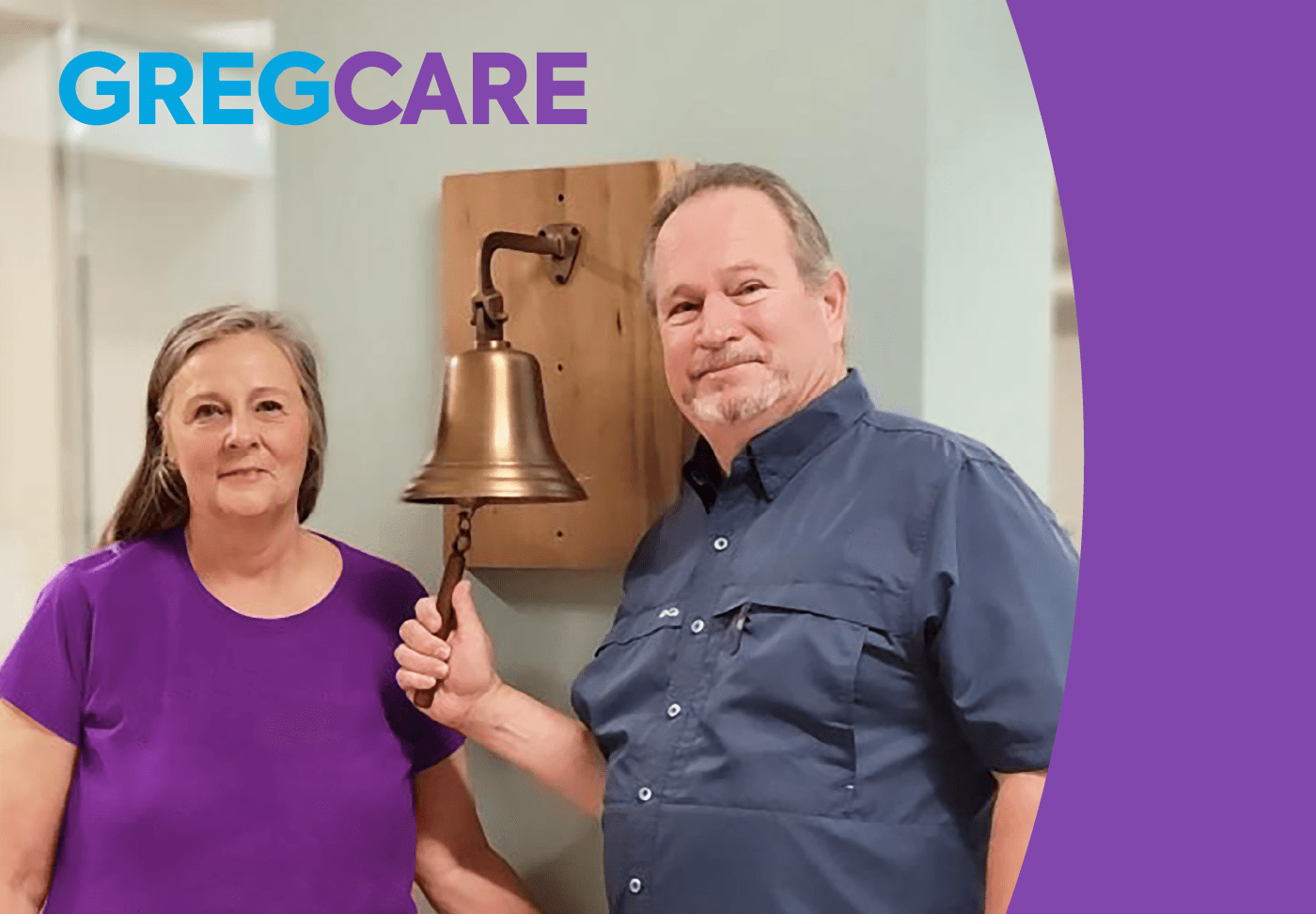People who want to lose weight have more options than ever before. However, deciding which one to pursue can be a challenge. Should you go for lifestyle changes alone? Consider weight loss surgery? Or look into injectable weight loss drugs like Ozempic and Wegovy?
We asked two Wellstar physicians to weigh in on this popular topic—and their answers might surprise you.
Dr. Lisa Hilton
is director of minimally invasive and
bariatric surgery
at Wellstar MCG Health Medical Center and director of the Center of Obesity and Metabolism at Augusta University.
Dr. Mitzi Rubin
is a family medicine physician and director of the
Wellstar Center for Best Health.
Here’s what these two experts have to say about obesity, treatment options and the importance of a comprehensive approach to weight loss.
Let’s cut to the chase: What is the best way to lose weight?
Dr. Rubin: There is no magic fix that works for everyone. Many people have tried every fad diet out there. They’ve tried being more active. Maybe they’ve even had bariatric surgery or used injectable weight loss drugs—but nothing works. If this sounds like you, schedule an appointment at a comprehensive weight loss center. Find one that offers medical and surgical treatment options and personalized recommendations. And make sure they provide ongoing support to help you meet and maintain your weight loss goals.
Dr. Hilton: Both of our centers take this comprehensive approach. We use every tool available to treat obesity. You may be successful with lifestyle changes alone, or perhaps you need to meet with a behavioral therapist or consider surgery, medicine or a combination of therapies. Everyone is unique, and their treatment plan has to be unique too.
What’s your take on weight loss injectables—are you a fan?
Dr. Rubin: I’m excited about drugs like Wegovy and Ozempic, which people sometimes refer to as GLP-1s. They work because they control your appetite and reduce ‘food noise,’ a persistent, unwanted focus on food.
However, not everyone can tolerate the side effects, which include nausea, constipation and diarrhea. If you want to lose more than 20% of your body weight, using one of those drugs alone probably won’t get you there. Another consideration is that many people need to continue taking these drugs for life—even after they reach their weight loss goals.
What are some misconceptions about bariatric surgery?
Dr. Hilton: Two big misconceptions are that bariatric surgery is dangerous and it doesn’t work. Here’s what I’d say: First, bariatric surgery is as safe as a routine procedure like gallbladder removal. Second, bariatric surgery is the most long-lasting and effective treatment for obesity available. Most people who have bariatric surgery maintain their weight loss at the 10-year mark.
With weight loss drugs dominating the headlines, have you noticed a shift away from surgery?
Dr. Hilton: Yes, but I think that’s temporary. The drugs are sparking conversations about obesity and weight loss, which is a good thing. Patients who have never considered bringing up obesity to their primary care provider are asking about the injectables. They’re making appointments at a comprehensive weight loss center, and they are discovering they have a lot of choices. It isn’t ‘medicine or surgery’ or ‘medicine versus surgery.’ Sometimes the best answer is both.
Can you share a weight loss success story with us?
Dr. Rubin: We’ve had so many success stories. One of our rock star patients has lost 250 pounds under our care. Now, she’s living her life again. Her diabetes is in remission, and her cholesterol has improved. She’s no longer depressed and isolated. My whole team is so proud of her—she has completely changed her lifestyle, sees our dietitian regularly and attends our support group. Another patient has lost 135 pounds. He and his wife are losing weight together, and it’s fantastic.
Dr. Hilton: We ask our patients at their first visit, ‘What does success look like to you?’ Most have a number in mind, but non-scale victories are important too. Some want to get off their diabetes medicine or shop in a regular store instead of a big and tall store. Others want to take their kids to Disney World or a water park and have fun on the rides—not just watch.
What is the No. 1 key to weight loss success?
Dr. Rubin: The key is to make lasting lifestyle changes. Medication and bariatric surgery can only get you so far. If you are ready to make these changes, consider finding a team who offers personalized, long-term support. Dr. Hilton, myself and others at Wellstar are here to help!
Ready to take your first step? If you’re considering lifestyle changes, medication or surgery for weight loss, it all starts with a conversation.
Schedule a visit with your primary care clinician
to discuss your goals, health history and next steps.





